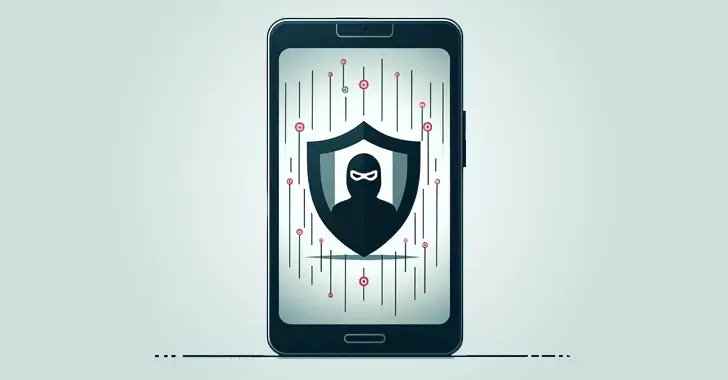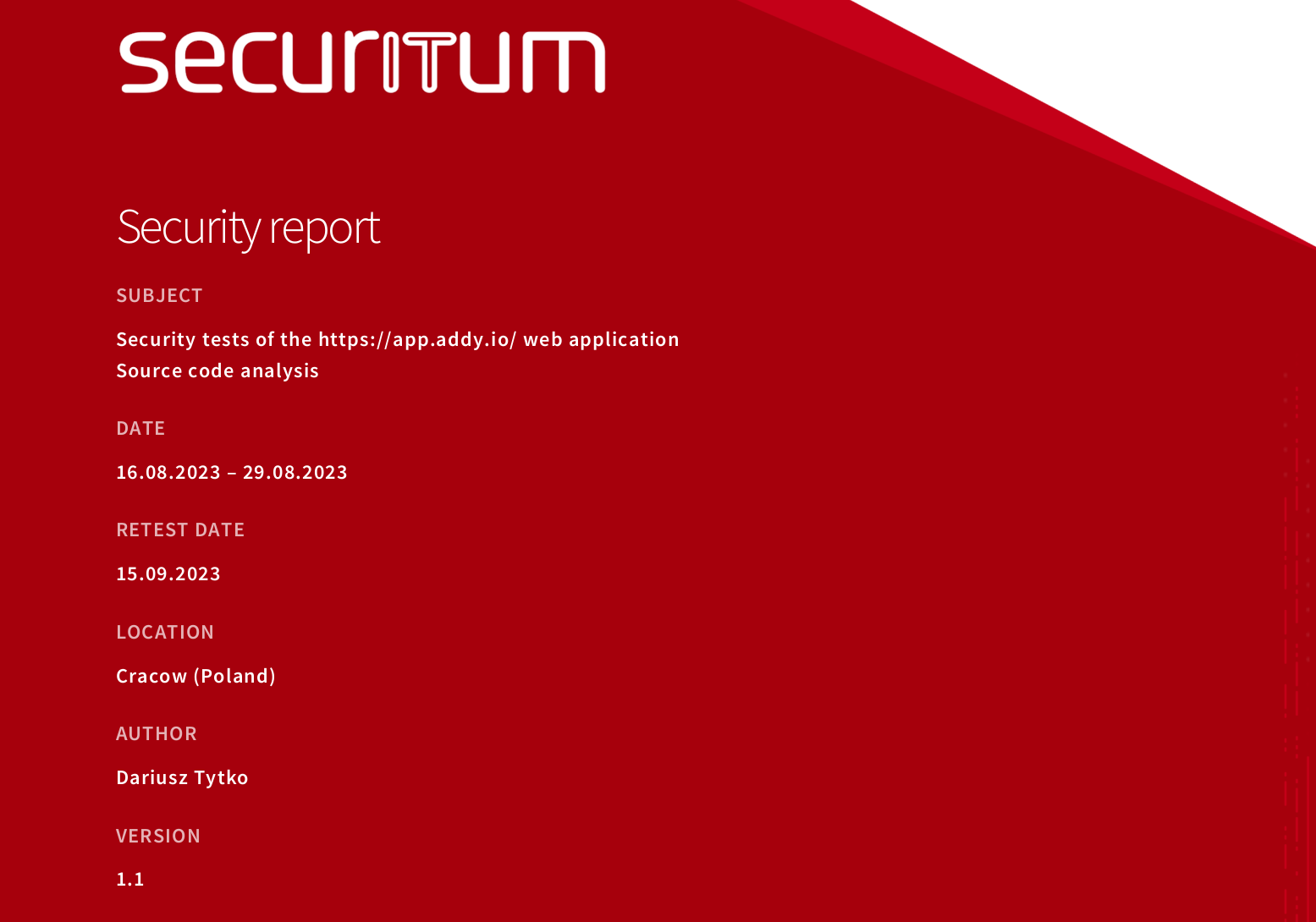- 37 Posts
- 54 Comments

 1·1 year ago
1·1 year agoIt works for Google, Adobe, and Github for me, on Firefox; those are all the sites I use that support passkeys. It even works with Firefox on Android 13.
Do you have Windows hello enabled? You may want to investigate this more.

 10·1 year ago
10·1 year agoThis is from the horse’s mouth: https://fidoalliance.org/passkeys/

 6·1 year ago
6·1 year agoIt is a FIDO alliance protocol. This is meant to replace/supplement password, not as 2FA. The sites I use that implement it, Google, Adobe, and Github use it to supplant both the password and 2FA. Cool thing about it is more less: 1) unphishable 2) doesn’t matter if the website’s passphrase data leaks.

 4·1 year ago
4·1 year agoAnd Tiktok!

 6·1 year ago
6·1 year agoFirefox ESR 102.15 & windows 11 (Hello) seem to work fine.

 2·1 year ago
2·1 year agoYeah, neither seems likely any time soon.

 4·1 year ago
4·1 year agoSnapdragon 4 Gen 2
I dislike my apps being dropped by the OS at 8GB, so I personally think a 2GB upgrade is worth it. 128GB would be enough for me too, though. Overall, I think 6GB is usable, but I personally would upgrade.

 1·1 year ago
1·1 year agoYeah, it spreads to everybody that is a “threat” to the power that be.

 3·1 year ago
3·1 year agoa person of interest
Thanks for the reminder.
article:
journalists, opposition politicians, and activists
wikipedia: pretty much anybody of interests of the people with the ability to acquire the service
journalists, lawyers, political dissidents, and human rights activists
scholars, bureaucrats (India)
politicians: head of stead (Iraq), mayors (Israel), associates (Israel), politicians (Israel), son of prime-minister (Israel), presidential candidate and associates (Mexico), prime minister (Morocco), King (Morocco)
government employees (Israel), government officials (Israel), ex government officials (Israel), military officials (Morocco)
employees of government-owned companies (Israel),
suspects (Israel), drug cartels (Mexico), criminal (Netherlands)
civil society members
heads of corporations (Israel)
Panama: foreign spying, including for spying on political opponents, magistrates, union leaders, and business competitors, with Martinelli allegedly going so far as to order the surveillance of his mistress using Pegasus.[5]

 13·1 year ago
13·1 year agoThx. You don’t seem to be the only one.
In July 2022, Charlie Osborne of ZDNet suggested that individuals who suspect a Pegasus infection use a secondary device with GrapheneOS for secure communication.
https://www.zdnet.com/article/how-to-find-and-remove-spyware-from-your-phone/

 17·1 year ago
17·1 year agoWell, that’s most terrifying. Can you do anything about it except not using smartphones?

 3·1 year ago
3·1 year agoThanks for sharing, but I don’t know since I don’t own it.

 6·1 year ago
6·1 year agoYeah, no Google either. I heard Apple is currently spending over a million dollar a day for AI training. Soon, you’ll have something beyond Siri.

 8·1 year ago
8·1 year agoI wonder if, for Meta, being open-sourced wouldn’t fit the company with the rest. Also, for now, it looks like a publicity stunt with no real teeth. Those more substantial AI companies maybe holding out for more favorable treatments.

 5·1 year ago
5·1 year agoRegarding the US reception, I don’t know. 🤷♂️ But,
The 4G has this Xioami spec:
-
2G: GSM: 850 900 1800 1900MHz
-
3G: WCDMA:1/5/8
-
4G: LTE FDD:1/3/5/7/8/20/28
-
4G: LTE TDD:38/40/41
The 5G has this Xioami spec:
-
2G: GSM: 850 900 1800 1900MHz
-
3G: WCDMA:1/2/4/5/8
-
4G: LTE FDD:1/2/3/4/5/7/8/20/28/32
-
4G: LTE TDD:38/40/41
-
5G: n1/3/5/7/8/20/28/38/40/41/77/78
So, for connectivity, 5G is the way to go.
-

 91·1 year ago
91·1 year agoIf I were to buy my own cheap phone, from my preferred local store, I would be limited to pretty much Samsung, and Chinese phones such as Xiaomi.
From experience using an extended Wifi (open area, multiple routers and extenders), Samsung models seem to have the most problem on the edges. People with Chinese phones (and in general, iPhones) don’t seem to have this problem. So, Samsung is out for me. I would consider Samsung if my regularly-used Wifi signal is strong.
These damn phones last more than 3 years. Having a 2-3 year update policy (normal for cheap Chinese phones) are pretty wasteful. Therefore, the phone should be likely to support custom ROMs. For this purpose, Xiaomi is it.
Xiaomi models come with either MediaTek or SnapDragon CPUs. Since phones are often used a security device (2nd factor and such), having a hardware-backed storage is something to be desired. For this purpose, SnapDragon is it.
Two models I end up with:
XIAOMI Redmi Note 12 4G (8+256) ~USD$ 172
- CPU : Snapdragon 685 (Octa-Core 2.8GHz)
- RAM : 8GB LPDDR4X
- ROM : 256GB UFS2.2
- Display : 6.67" AMOLED 120Hz
- Back Camera : 50.0MP + 8.0MP + 2.0MP
- Front Camera : 13.0MP
- OS : MIUI 14 (Android 13)
- Battery : 5000 mAh
XIAOMI Redmi Note 12 5G (8+256) ~USD$ 245
- CPU : Snapdragon4 Gen 1 (Octa-Core 2.0GHz)
- Back Camera : 48.0MP + 8.0MP + 2.0MP
- OS : MIUI 14 (Android 12)
- Rest same as above.
Sorry about no price ranges. This store usually sells phones on the lower half of the spectrum, though. So, let’s say they are mid prices.
I would personally would grab the 4G version. Faster CPU. Possibly newer Android. I am on Wifi most of the time. Don’t need 5G.

 321·1 year ago
321·1 year agoOpting out is likely impossible for people living outside the GDPR area right now.

 2·1 year ago
2·1 year agoYou are right. The EMUI outside of China is still based on Android with its own eco-system, although the other EMUI is also based on HarmonyOS which may/may not be compatible with Android, especially in the future. It seems, the phone has disappeared from some international markets altogether, the countries being friendly to China or not, probably because consumers are worried that their phones wouldn’t be supported by critical apps.



















There are two types of passkey. Syncable and device-bound. (see https://fidoalliance.org/passkeys/). Theoretically, the device-bound passkeys never leave the device and users don’t have any access to it except to use it for authentication. The syncable type will first and foremost be synced by the platforms themselves (Google, Microsoft, and Apple), but eventually the 3rd-party password managers will be allowed to be sync providers, but possibly only on newly-released OSes.
As far as I know, the passkey implementations currently on Android and Windows are device-bound; they are not synced to the cloud.